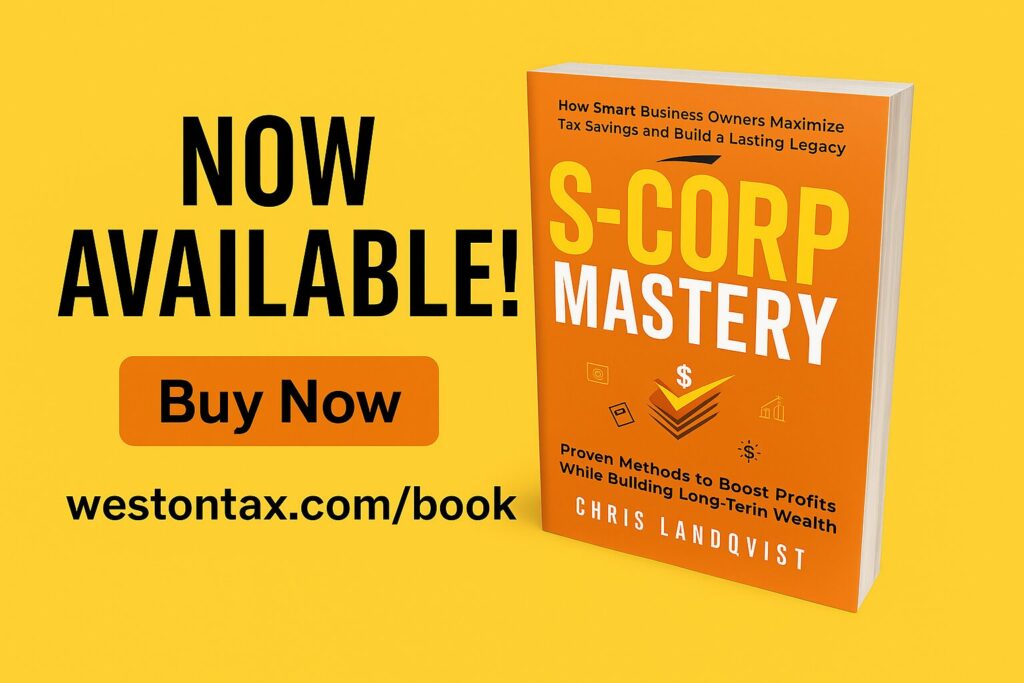Real estate has long been hailed as one of the most reliable paths to wealth. It’s not just about owning property; it’s about leveraging strategic opportunities to grow your wealth steadily while enjoying significant tax advantages.
Whether you’re a seasoned investor or a business owner dipping your toes into the world of real estate, understanding the unique benefits of property investment can transform your financial future.
In this article, I’ll give you my two cents on why real estate remains the cornerstone of wealth-building strategies, emphasizing its performance over recent decades, tax-saving tools like depreciation, the power of leverage, and income-generating cash flow. Through clear examples and practical insights, you’ll see why real estate outshines many other investment vehicles.
A Historical Look at Real Estate as an Investment
Real estate’s enduring value stems from its tangible nature and the consistent demand for housing and commercial spaces. Over the past 50 years, real estate has shown remarkable resilience, outperforming many other investment classes during economic downturns.
Take the 2008 financial crisis, for instance. While the real estate market faced turbulence, properties in key locations rebounded faster than stocks, thanks to their intrinsic value.
The pandemic-driven boom in recent years further highlights this asset class’s appeal. Investors who owned residential or multifamily properties saw rental income soar as housing demand intensified, even during uncertain times.
Unlike stocks, real estate provides a level of stability. Stock prices can fluctuate wildly due to market sentiment or geopolitical events. A rental property, on the other hand, generates steady income from tenants, regardless of Wall Street’s swings.
This consistency makes real estate an unparalleled option for those seeking long-term wealth.
How Depreciation Reduces Your Taxable Income
One of real estate’s greatest perks is depreciation, a tax-saving tool that allows property owners to deduct a portion of the building’s cost annually, even as the property appreciates in value. Essentially, you’re rewarded for the natural wear and tear on your property – a phenomenon that doesn’t apply to stocks or bonds.
For example, imagine you purchase a rental property for $500,000, with the land valued at $100,000 and the building at $400,000. The IRS permits you to depreciate the building’s value over 27.5 years. This means you can claim roughly $14,545 annually in depreciation deductions, significantly reducing your taxable rental income.
Yes… yes… yes, I know some of you out there are smirking at me right now. Not all real estate owners depreciate their buildings over 27.5 years. There are several ways to increase the speed and amount to depreciate each year – in turn lowering your taxable income. Sometimes… it may even go so far that it completely eliminates your tax liability completely. Meanwhile, you’re living quite a comfortable life offering the same benefits a “simple” W-2 would. But hey… that is what a great tax strategist is for (hint, hint)?
What makes this so powerful is the notion that depreciation is truly a “paper loss.” You’re not actually spending this money; it’s a calculated figure that offsets your profits, leaving more cash in your pocket.
When paired with other deductions like mortgage interest, maintenance costs, and property taxes, real estate can drastically lower your tax burden.
The Power of Leverage in Building Wealth
Leverage is the ability to use borrowed money to amplify your investment returns… a concept that sets real estate apart from many other asset classes. Banks are more willing to finance real estate purchases than other investments because property is a tangible, appreciating asset.
Why, you ask? Well, we’ve touched on this before, but let’s agree on one thing: real estate’s longevity makes it a favorite among risk-averse institutions looking for stable investments. Unlike other assets, real estate is highly tangible and, once built, isn’t going anywhere. Unlike a boat, airplane, or car… it would take quite an operation to pick up a building and simply move it somewhere else. A completed building remains in place, making it a reliable investment for the long haul.
Couple that with its history of steady appreciation, and lenders see real estate as a “safe” asset class that generates consistent returns. After all, the worst-case scenario? If an owner defaults on their mortgage, the bank takes ownership of a valuable property… one that’s typically in high demand.
Now… let’s look at an example together: Suppose you invest $100,000 in stocks, and the market grows by 10%. You earn $10,000. Now imagine you use that same $100,000 as a down payment on a $500,000 rental property. If the property appreciates by 10%, your gain is $50,000… five times what you’d earn in the stock market. This is the power of leverage.
Beyond appreciation, tenants effectively repay your loan through rental income. Over time, as your mortgage balance decreases and property values increase, your equity grows, positioning you for even greater financial opportunities.
The Magic of Cash Flow
Cash flow is the lifeblood of real estate investing. When structured correctly, a rental property generates income that exceeds expenses, creating positive cash flow. This passive income can supplement your regular earnings, fund new investments, or serve as a safety net during economic downturns.
For example, let’s say you own a duplex with a monthly mortgage payment of $1,500. If you collect $2,500 in rent, you pocket $1,000 in cash flow after expenses. Chances are, with the right strategiest in your corner, the $1,000 of cash-flow isn’t taxed at all… pretty sweet huh? Unlike stocks, which often require you to sell shares to access funds, real estate provides consistent, recurring income while allowing your investment to grow in value.
This predictable income stream is especially appealing to business owners, who understand the importance of cash flow in maintaining operations and fueling growth.
If you add the other magic, depreciation, which likely adds a paper loss to the mix (effectively increasing your cash flow)… now you’re starting to see why real estate is the preferred method of many to build their wealth.
Real Estate vs. the Stock Market: A Tale of Two Strategies
To illustrate the differences, consider two friends, Sarah and James. Sarah invests $50,000 in the stock market, while James uses $50,000 as a down payment on a $250,000 rental property. Over ten years, the stock market delivers an average annual return of 7%, while the property appreciates by 5% per year.
After a decade, Sarah’s stocks are worth approximately $98,358. James’s property, however, has grown to $407,227, thanks to leverage. Meanwhile, James has collected $60,000 in rental income, making his total gain $267,227 compared to Sarah’s $48,358. The disparity is clear: real estate not only builds wealth faster but also generates income along the way.
Why Real Estate Reigns Supreme
Real estate’s unique combination of stability, tax benefits, leverage, and cash flow makes it the premier choice for building wealth. While other investments may offer higher short-term returns, they often lack the security and steady growth that real estate provides.
Think about it… you’re investing in a desirable asset with decades of slow and foreseeable growth. To acquire this asset, you “only” have to invest 20-25% of the overall value to own it while the bank assumes the rest of the risk. The tenant pays you rent to cover the mortgage and other costs incurred to live in the property. All other expenses to renovate and maintain your property are tax deductible. If that wasn’t enough, you can also create paper losses through depreciation… you have to agree that this is a slam dunk if you ever saw one.
For small and medium-sized business owners, real estate can be a game-changer. By diversifying into property, you secure an income stream independent of your primary business and take advantage of tax strategies that preserve your hard-earned wealth.
Welcome to the New Age of Accounting. Let’s begin.

Chris is the Managing Partner at Weston Tax Associates, a best-selling author, and a renowned tax strategist. With over 20 years of expertise in tax and corporate finance, he simplifies complex tax concepts into actionable strategies that drive business growth. Originally from Sweden, he now lives in Florida with his wife and two sons.











